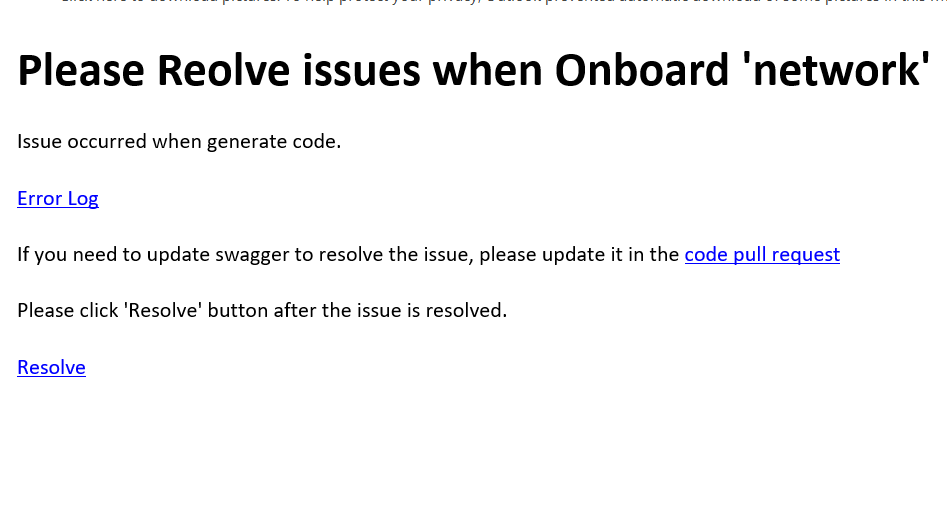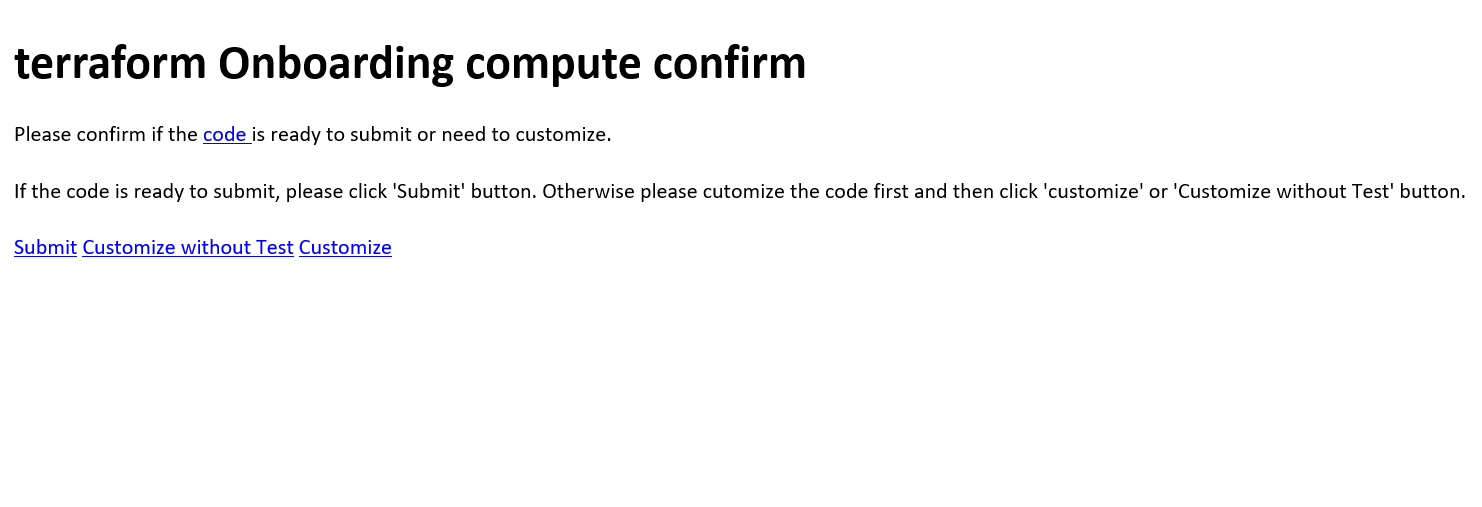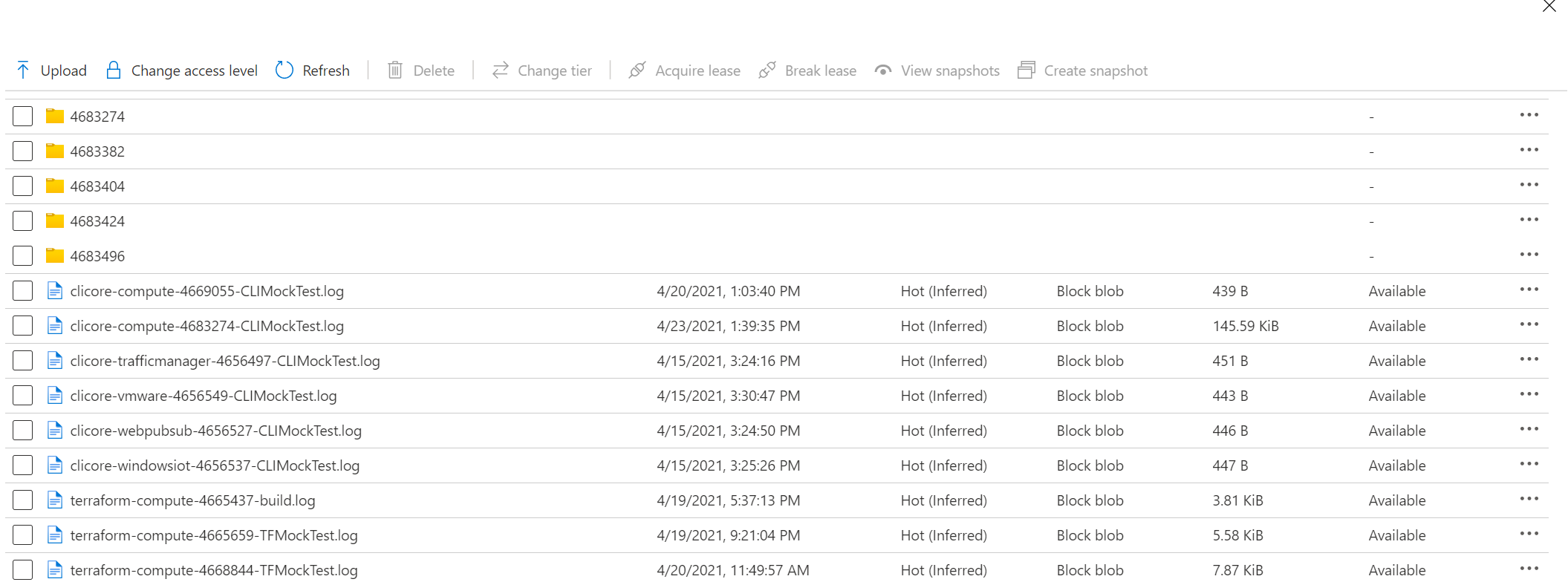Depth-coverage pipeline is to help on automatically generate Azure CLI commands or Terraform provider code to achieve 100% depth coverage. It will be scheduled trigged to retrieve missing operations/resources from Coverage-Result report DB and automatically generate Azure CLI commands/Terraform resources which can be used by CLI/Terraform team to onboard them. There are two separated pipeline:
Codegen controller pipeline is the interface of the whole framework. It will accept request and trigger code generation pipeline. Also, it will provide the service onboarding report to customer. Codegen controller pipeline is scheduled to run
Code generate pipeline will be triggered by controller pipeline via repo Pull Request. It is responsible for generation code and validate service and generated code. Each codegen pipeline runtime instance is responsible for one RP.
By default the depth-coverage will try to trigger pipelines for all missing resources/operations at once. You can set candidate resources manually. If the candicates are set, only trigger pipelines for those candidates to generate missing operations or resources.
configure candidates in CLICandidate.csv(for cli) and TFCandidate.csv(for terraform) https://dev.azure.com/devdiv/DevDiv/_git/codegen-pipeline?path=%2Fconfig
Edit these two csv files directly to add/remove candidates for cli/terraform.
Codegen controller pipeline (codegen-pipeline, https://dev.azure.com/devdiv/DevDiv/_build?definitionId=14195 ) is to trigger depth-coverage. It is is scheduled to run once every week by default. You can manual trigger it if needed.
After trigger depth-coverage, each code generation pipeline will be trigger for each candidate resource provider to generate. And code generation pipeline will automatically generates code, compile, run mock test and live test. When failure occur or pipeline completed, email will be sent to you to ask your interaction.
When any failure occur during code generation pipeline (generate code, build, mock test, live test), the owner will receive the email, and they can take action to resolve the failure.
When code generation is completed, and pass Tests, an onboarding confirm email will sent to the feature owener. If owner wants to customize, please following following steps:
The generated code and logs are stored in Azure stroage blob: depthcoverage/depthcoverage






